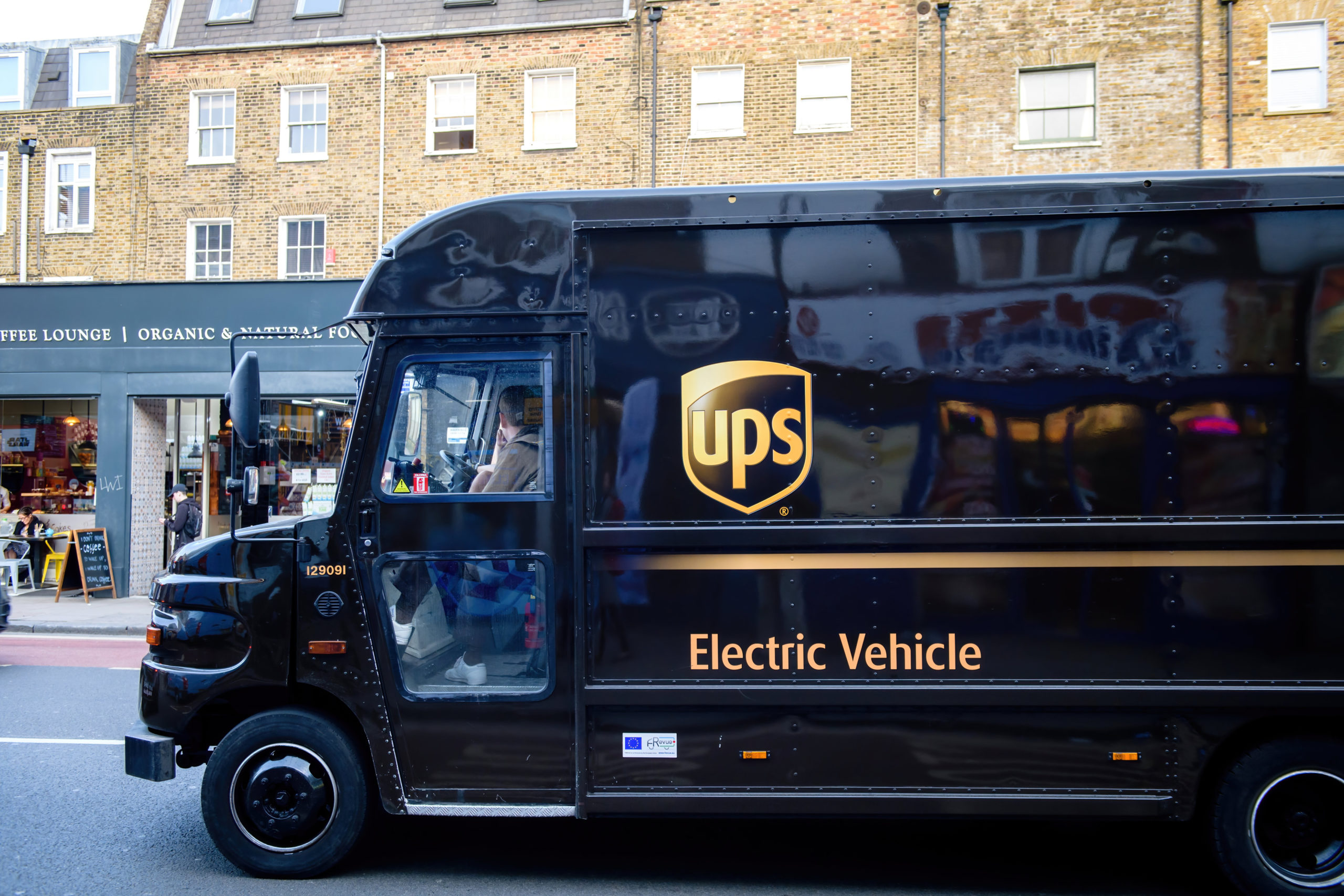EV Fleet-Centred Local Energy System (EFLES)
A project to show how intelligent systems can be used in electric vehicle depots to manage charging operations and provide flexibility to the grid.
Lead Organisation
UK Power Networks Services (Commercial)
URL
crossriverpartnership.org/projects/ev-fleet-centred-local-energy-system/
Location
London
Funding
£163,219
About the project
This project developed an intelligent system to manage and schedule charging in the depot of an electric vehicle fleet, without exceeding grid connection limits or curtailing the fleet’s operations. It also demonstrated how an EV fleet-centred local energy system can participate in flexibility services.
Project aims and approach
The EFLES project aimed to help commercial fleet operators adopt electric vehicles by reducing costs and increasing revenues. It drew on the learning and core infrastructure of a predecessor project, Smart Electric Urban Logistics, which was concluded in 2019.

The team developed a software and commercial framework for local energy systems that serve EV fleets. It took a bottom-up approach that provides flexibility services to the electricity network by monitoring connection capacity and managing local demand, vehicle charging and the use of distributed energy resources such as solar power in depots.
The testbed was a depot in London’s Kentish Town operated by UPS, the global delivery and supply chain management company.
The project set out to design and implement an intelligent charging system to ensure that:
- Charging does not cause site load to exceed maximum capacity, and more vehicles can be operated without expensive site upgrades
- All vehicles have enough charge to complete their delivery route
- Energy is consumed at the most economical times, minimising bills
- Charging load can be flexed to alleviate network stress and unlock new revenue streams for the fleet operator
- Local assets such as such as energy storage or solar generation can be included in optimising energy across the site.
Moixa Technology developed the integrated system, built on its existing GridShare platform, to monitor and forecast energy demand and optimise energy assets in the depot. Coupled with flexible tariffs and demand data, the system is designed to handle hundreds of energy variables to optimise performance.
Watch a description of the project by ev.energy, starting 25 minutes into this webinar from 2021:
Partners
- UK Power Networks Services (Commercial) (lead)
- Cross River Partnership
- Moixa Technology
- UPS
Dates
May 2020 to January 2022
Achievements and barriers
The depot used for the trial ran a number of electric vans but with a range of charging technologies, not all compatible with full intelligent control. There were also challenges from operational issues in the depot.
The team overcame these barriers to successfully demonstrate the operation of the intelligent management system. It was able to achieve ‘peak shaving’ and show that the system could maintain approximately steady power usage, as vehicles returned to the depot at the end of the day and were put on charge.
Next steps
Moixa continues to develop this product working closely with UPS and UKPN Services, and to work on charging management solutions for electric vehicle depots.

